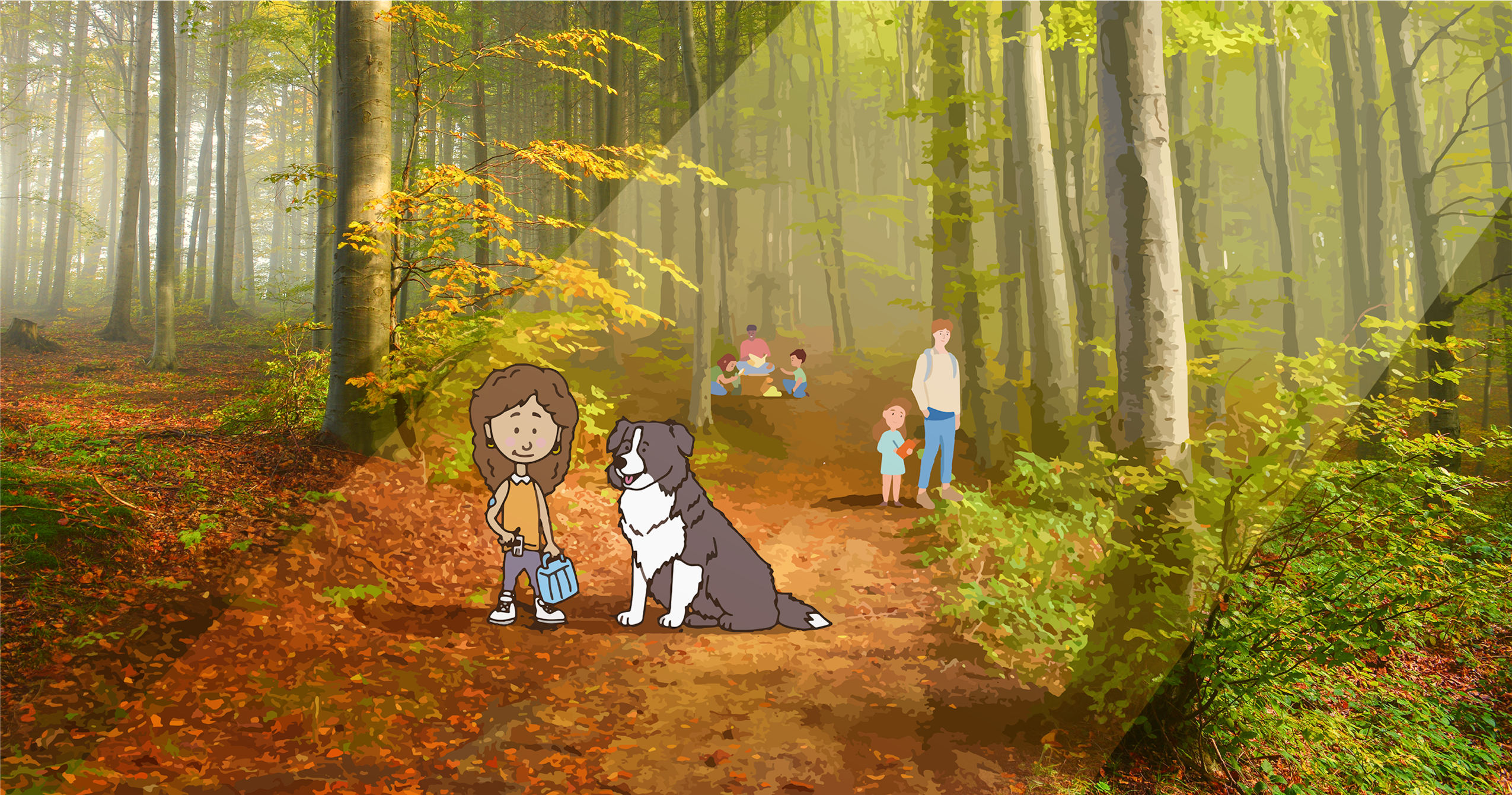
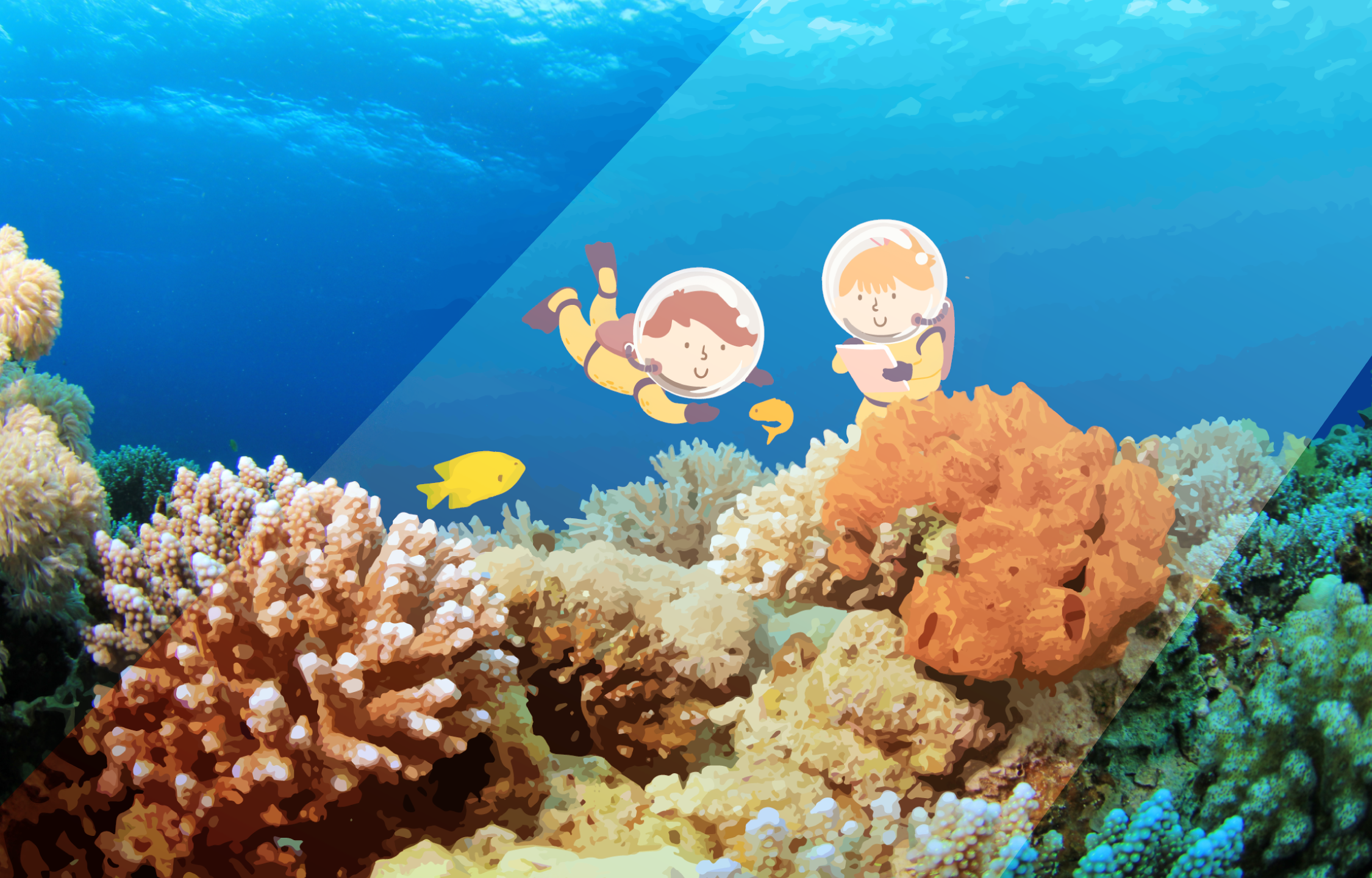
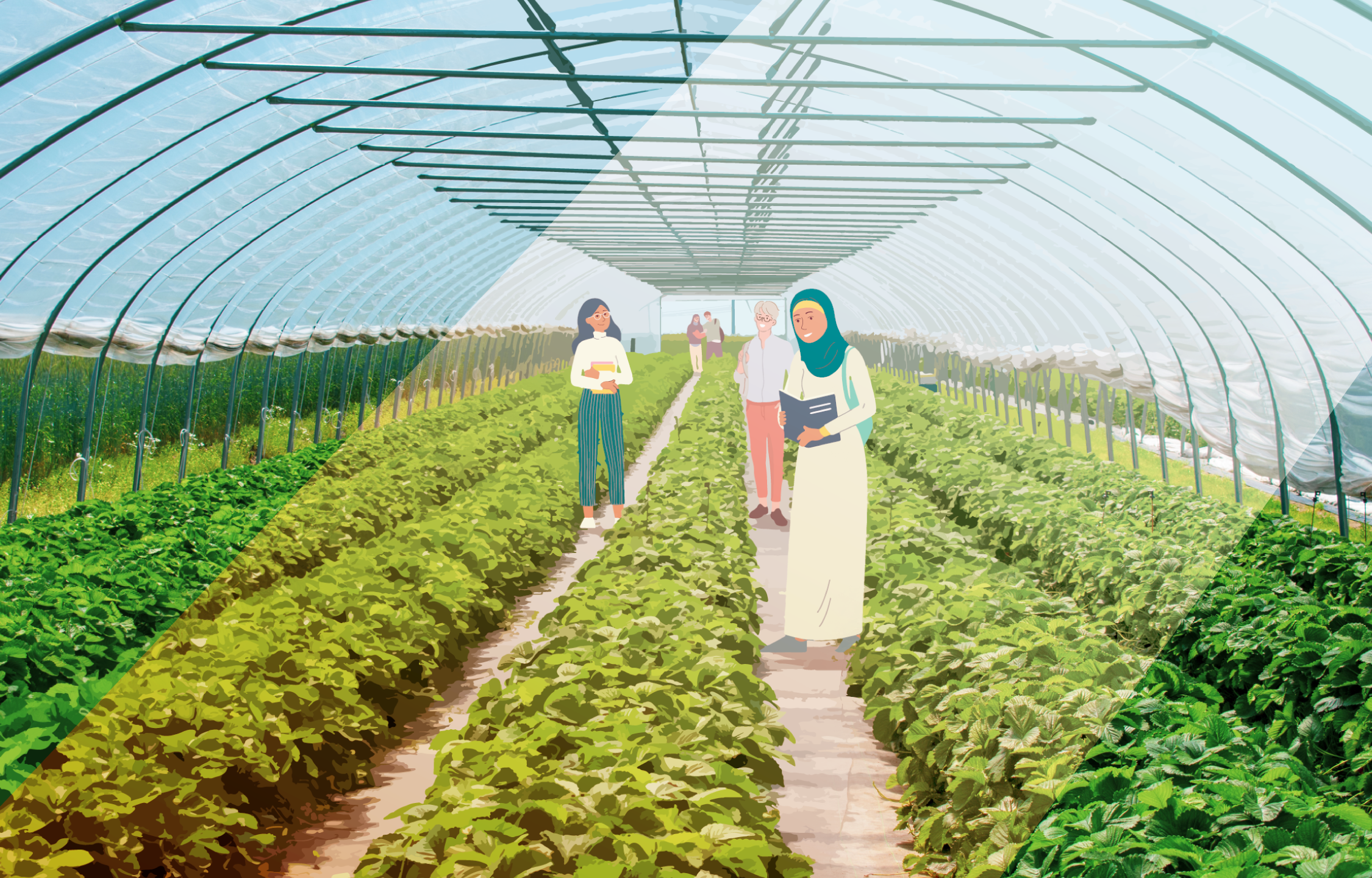
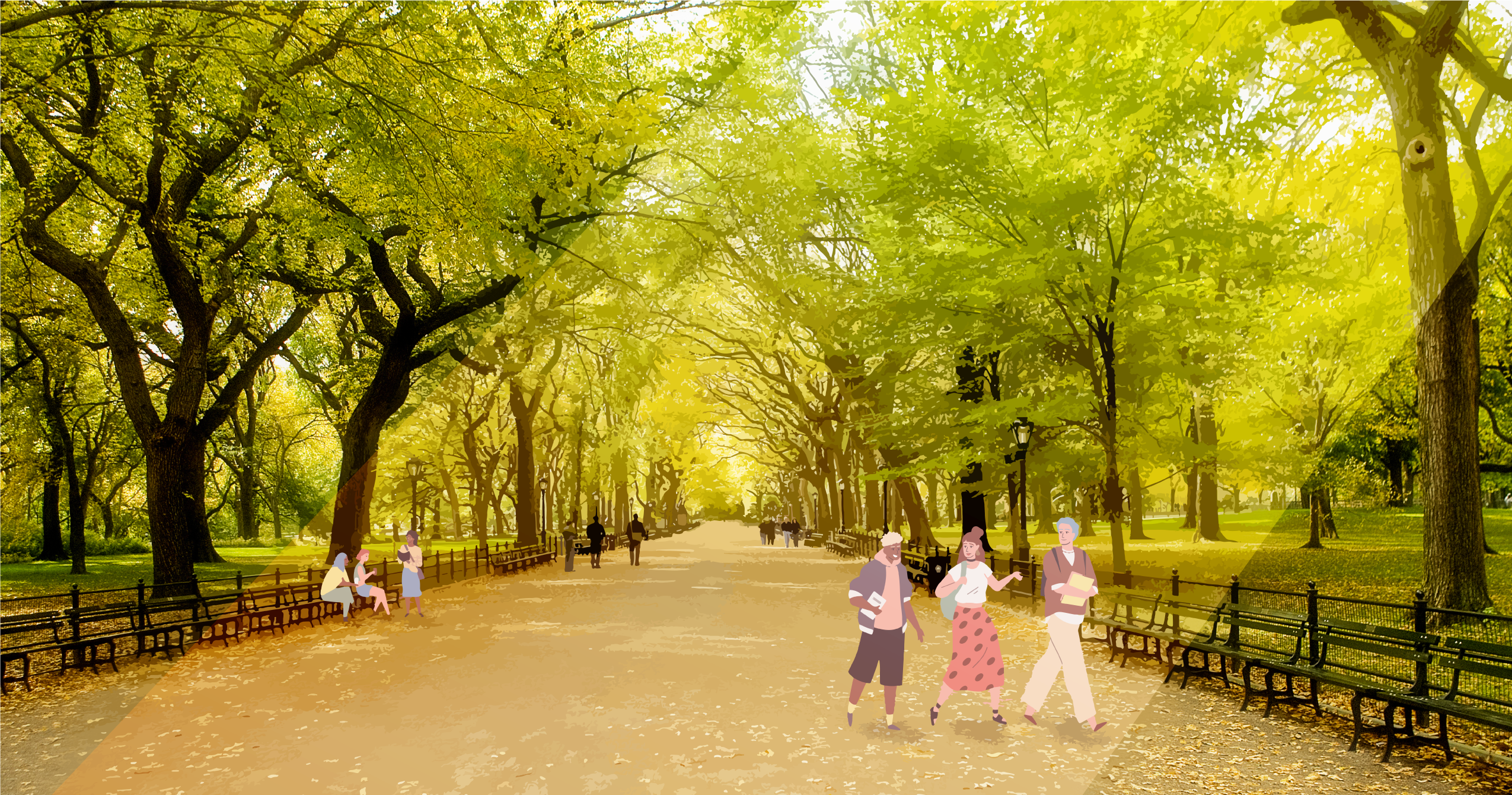
The theme will include activities like designing and creating a variety of habitats at different scales based on carefully selected stories from preschool to university level that encourage STEM dispositions or participating in an outdoor classroom day where the children and students will experience a full day without walls, learning in nature and nurturing the biophilia hypothesis.
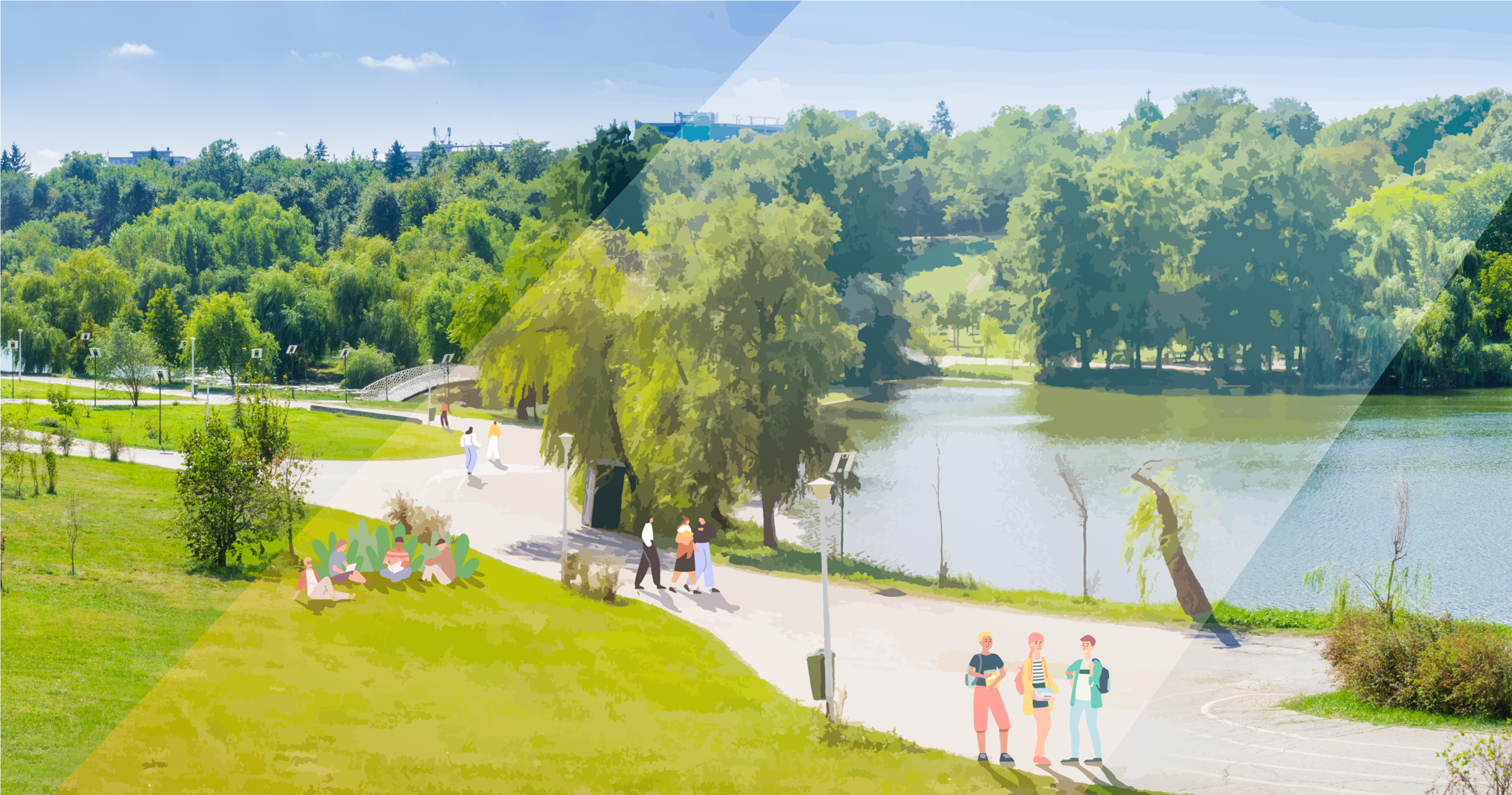
BioBeo will explicitly place emphasis on the biophilia hypothesis and harness the potential this presents for transformation in the mindsets and behaviour of European citizens. This theme lends itself to measurable increases in well-being and holistic health, and there are established methodologies for doing this.
In this regard, the project will focus on designing innovative educational tools to support educators and students with high-quality teaching, learning and assessment which provides opportunities for raising awareness of the interconnectedness of all life on earth. This involves activities and investigations requiring a physical connection with the earth itself.
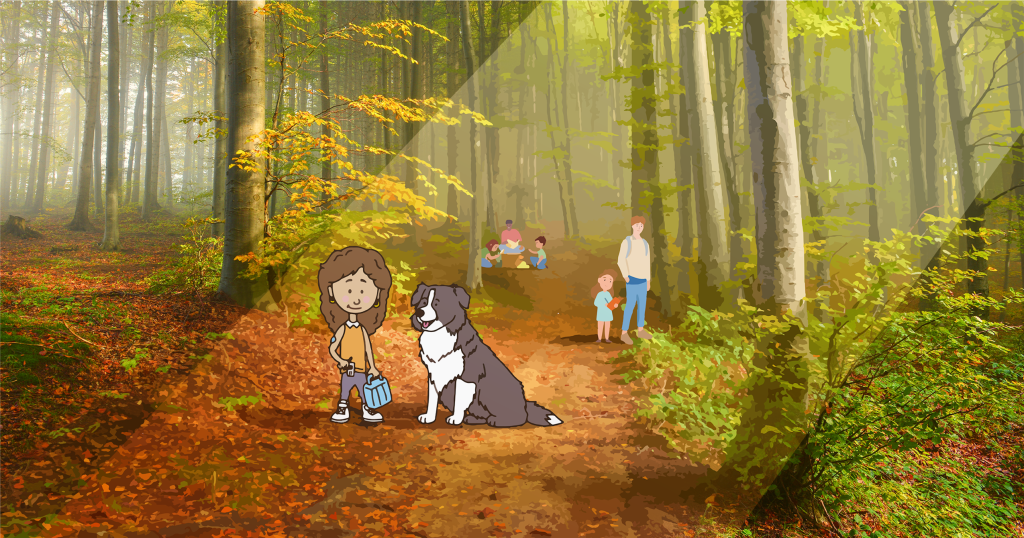
Forestry
The consortium has the experience and expertise to further extend the connection between natural and urban environments which are especially relevant in the context of international actions since many forestry-related actions affecting the biosphere take place in locations remote from the experience of young people in Europe, especially those in urban settings. Whilst forestry products are increasingly attractive in terms of sustainability and are a major part of the circular economy, there are massive global disparities in the governance of forestry activity. BioBeo will use the increased awareness from theme (1) and the practical outdoor activities from theme (2) in the specific context of forestry. BioBeo will use the increased awareness from theme (1) and the practical outdoor activities from theme (2) in the specific context of forestry.
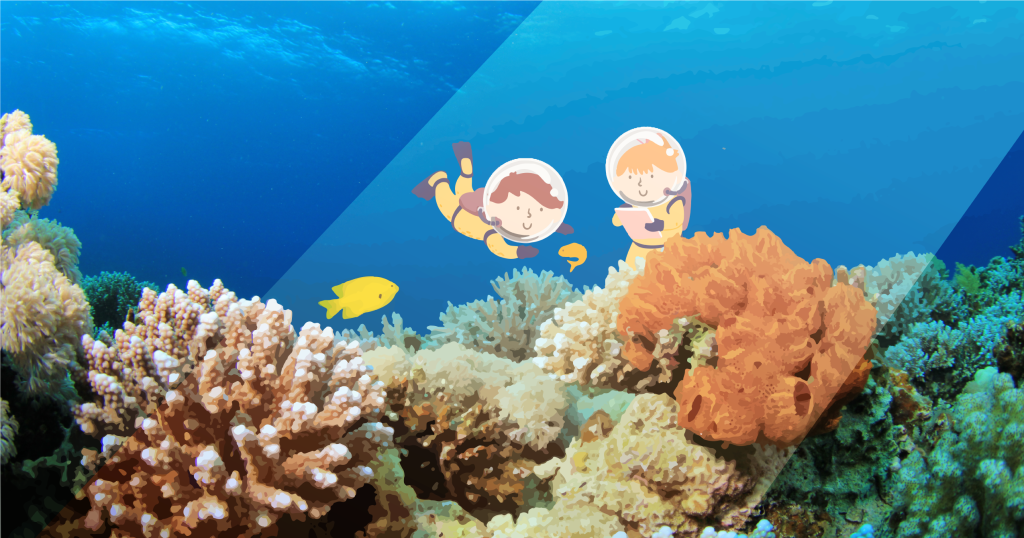
Life below water
The oceans are increasingly affected by human activity, including acidification, plastic waste, over-fishing and oil/gas extraction. This particularly affects coastal communities, and the Consortium partners have considerable experience in developing actions involving and connecting such communities. BioBeo will draw on the EC’s ‘blue ocean’ agenda to collect marine litter and use recycled plastic to 3D print augmented tv parts, create a wetland habitat/bog patch/pond habitat in the real world, and also in Minecraft or highlight benefits of seaweed, algae and fish by-products for making products in a biorefinery in a West of Ireland coastal community incorporated into digital learning tools.
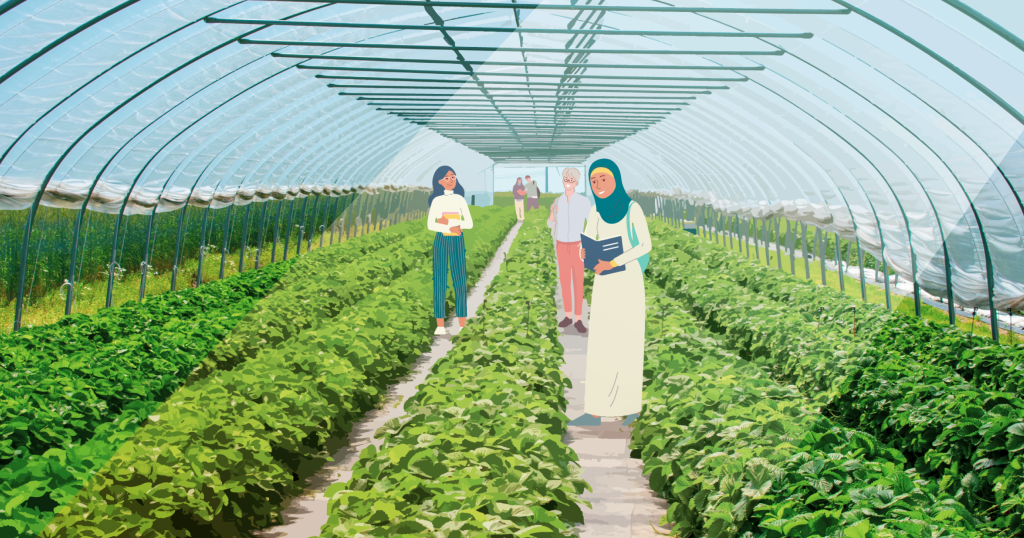
Food loop
This theme is topical over a wide range of economic sectors including farming, hospitality, retail, and energy production. In terms of the circular economy, the efficient use of agricultural and industrial by-products, and the overall reduction of food waste, will become increasingly essential in making the food loop sustainable and will be led by partners with expertise. This topic lends itself to practical projects with measurable targets, and to multidisciplinary involvement in schools since food waste has biological, chemical, economic and social dimensions. Food poverty and the use of food banks relate to questions of social justice within the food loop. TUB has specific expertise in providing expertise in this area, including the use of novel food sources such as insects.
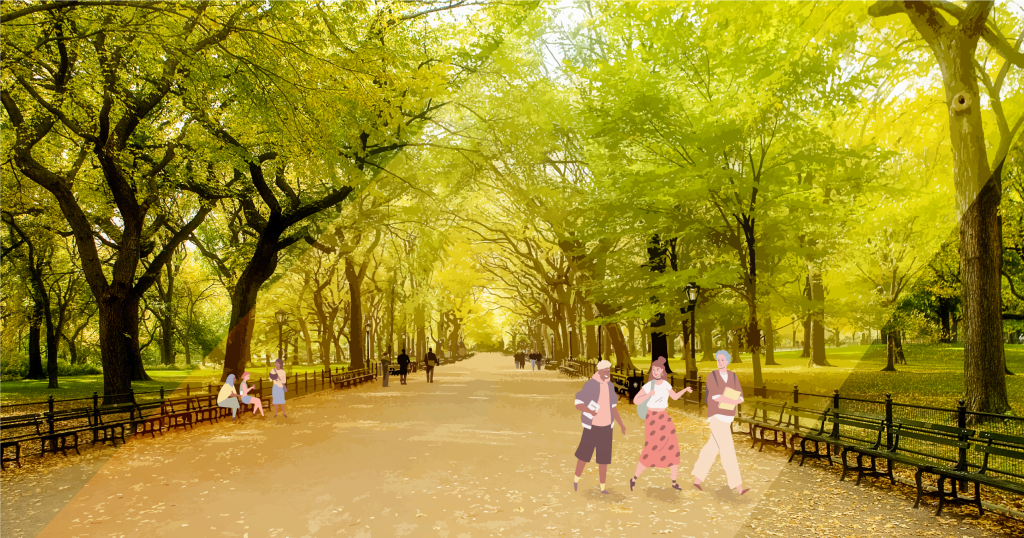
Outdoor learning
Demonstrating the connection between the theme of interconnectedness and outdoor learning, this theme builds on interconnectedness by increasing awareness of, and sensitivity towards, the natural world to drive practical activities aimed at reducing human impact on the biosphere.
The theme will include activities like designing and creating a variety of habitats at different scales based on carefully selected stories from preschool to university level that encourage STEM dispositions or participating in an outdoor classroom day where the children and students will experience a full day without walls, learning in nature and nurturing the biophilia hypothesis.
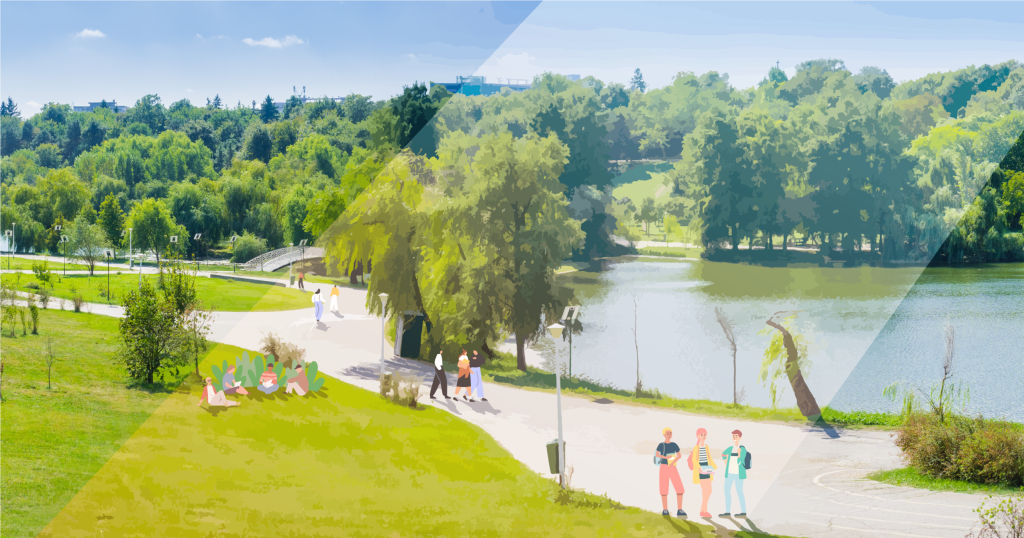
Interconnectedness
Interconnectedness reflects the role of the biosphere and natural environments in human well-being and holistic health and the undisputed ecological interconnectedness of all living things. BioBeo will establish fundamental connections between young people and their biological life worlds. This is an essential basis for future development of the bioeconomy and circular processes within it, since industrial exploitation of the biosphere is a major factor in climate change, reflecting a lack of emotional connection to nature.
BioBeo will explicitly place emphasis on the biophilia hypothesis and harness the potential this presents for transformation in the mindsets and behaviour of European citizens. This theme lends itself to measurable increases in well-being and holistic health, and there are established methodologies for doing this.
In this regard, the project will focus on designing innovative educational tools to support educators and students with high-quality teaching, learning and assessment which provides opportunities for raising awareness of the interconnectedness of all life on earth. This involves activities and investigations requiring a physical connection with the earth itself.
